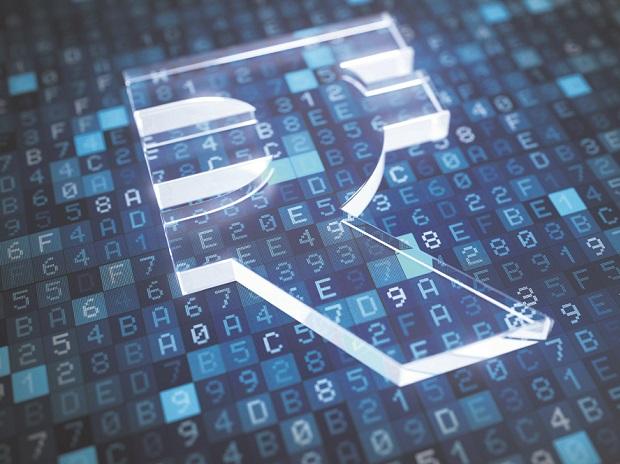[ad_1]
The Reserve Bank of India’s (RBI’s) maiden test of its central bank digital currency (CBDC) being used for secondary market trades in government securities (G-secs) went off without a hitch on Tuesday, with 48 trades being carried out for a total of Rs 275 crore.
Sources informed Business Standard that the first deal was struck between the country’s largest bank State Bank of India (SBI) and another state-owned lender Bank of Baroda (BoB).
SBI was said to have sold securities to BoB using CBDC, or digital rupee, observed sources.
ICICI Bank sold the five-year government paper to IDFC First Bank.
“IDFC First Bank executed the first secondary market transaction in G-secs using CBDC settlement on Tuesday,” IDFC First said in a statement.
According to the website of the Clearing Corporation of India (CCIL), the transactions were carried out in three government bonds — the current 10-year benchmark bond, the previous 10-year bond, and the most liquid five-year security. The overall trading volume in the regular bond market was at Rs 20,865 crore on Tuesday.
Bank treasury officials described the pilot as a ‘landmark moment’ and said the testing went off smoothly.
“The most important aspect was there is no settlement risk,” said a senior bank executive.
In regular bond market trades, the CCIL acts as the clearing house and the settlement of bonds is on a T+1 basis — which means that the settlement of securities must happen a day after the transaction is carried out.
However, for trades using the digital currency, there is no settlement authority like the CCIL and trades happen on a T+0 basis, implying real-time settlement. Moreover, banks using the digital rupee must open primary CBDC accounts with the RBI.
Earlier this week, the RBI had said that the first pilot for the digital rupee in the wholesale segment would commence from Tuesday. The pilot, which at the moment is only applicable to secondary market trades in G-secs, was tested out between nine banks.
The banks are SBI, BoB, Union Bank of India, HDFC Bank, ICICI Bank, Kotak Mahindra Bank, YES Bank, IDFC First Bank, and HSBC, the RBI said in its release.
A key point of difference between the usual bond trading in the secondary market and the transactions carried out through the digital currency is the settlement of securities. While the trades are displayed on the RBI’s anonymous negotiated dealing system-order matching platform, the settlement is not conducted by CCIL.
“What happens here is that banks open a CBDC account with the RBI similar to a current account which is used for bond trading.
There is no counterparty like CCIL, which is what normally happens for regular secondary market trading,” said a senior treasury official.
“For CBDC, a bank is basically trading with another bank directly. The settlement is T+0 and it is delivery on payment unlike the regular G-sec trades on CCIL which are T+1 and you are transacting with the clearing house. There have been small trades with almost all entities listed out by the RBI for pilot trading,” the official said.
In its release on Monday, the RBI said that settlements in central bank money would reduce transaction costs by pre-empting the need for a settlement guarantee infrastructure or for collateral to mitigate settlement risk.
For regular bond trading, select entities, which are financially strong and meet the guidelines, are offered subsidiary general ledger accounts with the public debt offices of the RBI. The entities include banks, primary dealers, select urban co-operative banks, and non-banking financial companies.
Given the restrictions on eligibility for opening such accounts, investors who wish to trade in bonds also have the option of opening gilt accounts with banks or primary dealers.
The RBI, which views the use of the digital rupee as a step towards making the interbank market more efficient, will launch its first pilot for digital rupee trading in the retail segment within a month in select locations. The retail use of the digital rupee would be within closed user groups comprising customers and merchants.
[ad_2]
Source link



